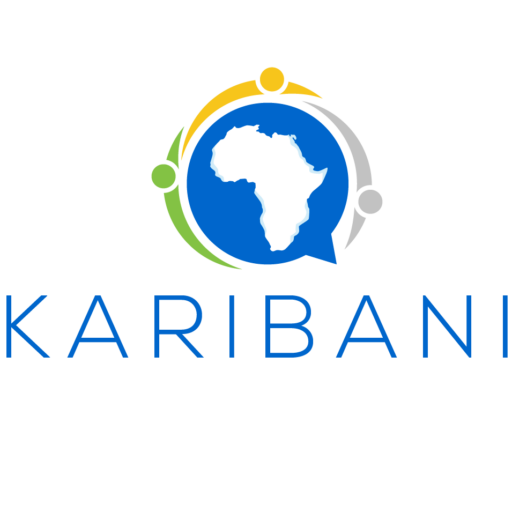Unlocking Opportunities in Nigeria’s Multilingual Landscape
Nigeria, the economic powerhouse of West Africa (some even say Africa!), beckons with promise and potential. However, amid its vibrant diversity lies a unique challenge – language diversity. With over 500 languages spoken across the country, bridging the language gap is a key to success. How do we leverage our language diversity? In this article, I delve into strategies for not only navigating but thriving in Nigeria’s multilingual landscape.
**1. Embrace the Multilingual Reality: Nigeria’s linguistic diversity is a testament to its rich cultural tapestry. Instead of viewing language diversity as a barrier, let’s see it as an opportunity. We need to embrace the beauty of different tongues and the perspectives they bring. Unity in diversity is a common term used as an expression of harmony and unity between dissimilar individuals or groups. I believe it greatly applies our case.
**2. Prioritize English: While many languages thrive, English remains Nigeria’s lingua franca. This is the language generally used in formal communication. We use it at school, office and at official functions. One might even say that mastering English is a gateway to communication, business, and education opportunities. In Nigeria, if you can’t communicate in English language, you are seen as not well-educated.
That said, I am an advocate of Pidgin English as an official means of communication. Its widespread use across the country suggests that with a touch of refinement, it has the potential to emerge as an official language. If we can have American English and British English, why not Nigerian Pidgin English? Pidgin English is a linguistic gem that deserves acknowledgment as a lingua franca, capable of bridging divides and nurturing unity in our wonderfully diverse nation. I digress. I’ll explore this topic in greater depth in a forthcoming blog article.
**3. Localize Your Approach: Tailor your marketing and communication materials to resonate with local audiences. Translate content into major languages such as Yoruba, Hausa, and Igbo to reach a wider demographic.
**4. Leverage Technology: Embrace technology to bridge language gaps. Use translation apps, subtitles, and voice recognition tools to facilitate communication. Online translation services can assist in converting content to various languages. Note however that many of these translation apps do not do well with Nigerian languages. Therefore, I will recommend the use of a human translator. It shouldn’t be too expensive to hire someone to help with this.
**5. Cultural Sensitivity: Learn about local customs and traditions. Understanding cultural nuances fosters trust and builds lasting relationships in a diverse society like Nigeria. Nigerians can be very sensitive when it comes to our culture. If you stretch to shake hands rather than kneel down to greet can make or mar a meeting and send wrong vibes. So take time to understand the cultural nuances of your hosts.
**6. Bilingual Workforce: Employ individuals fluent in multiple languages. Having bilingual or multilingual staff can ease communication and expand your reach.
**7. Community Engagement: Engage with local communities. Participate in cultural events, collaborate with local businesses, and support community initiatives to build trust and credibility.
**8. Education and Training: Invest in language training programs for your team. Equip them with the skills needed to communicate effectively with diverse clientele. KARIBANI can help you with this.
**9. Networking: Build a robust professional network. Attend industry events, seminars, and conferences. Networking enables you to connect with key players across language barriers.
**10. Patience and Persistence: Success in Nigeria may require patience. Building relationships takes time, especially when language and cultural differences are involved. Stay committed to your goals.
**11. Local Partnerships: Collaborate with local businesses or organizations. Partnering with those who understand the local landscape can be invaluable.
**12. Continuous Learning: Language is dynamic, and cultures evolve. Keep learning and adapting to stay relevant in Nigeria’s ever-changing linguistic and cultural landscape.
Conclusion:
Success in Nigeria is attainable, even with its linguistic diversity. By embracing the rich tapestry of languages and cultures, prioritizing effective communication, and adopting a flexible, culturally sensitive approach, individuals and businesses can thrive in this dynamic and vibrant nation. Language diversity is not a barrier; it’s a bridge to new opportunities in the heart of Africa.
Remember, breaking language barriers isn’t just about expanding business; it’s about building connections, fostering understanding, and contributing to the diverse and thriving fabric of Nigeria.

